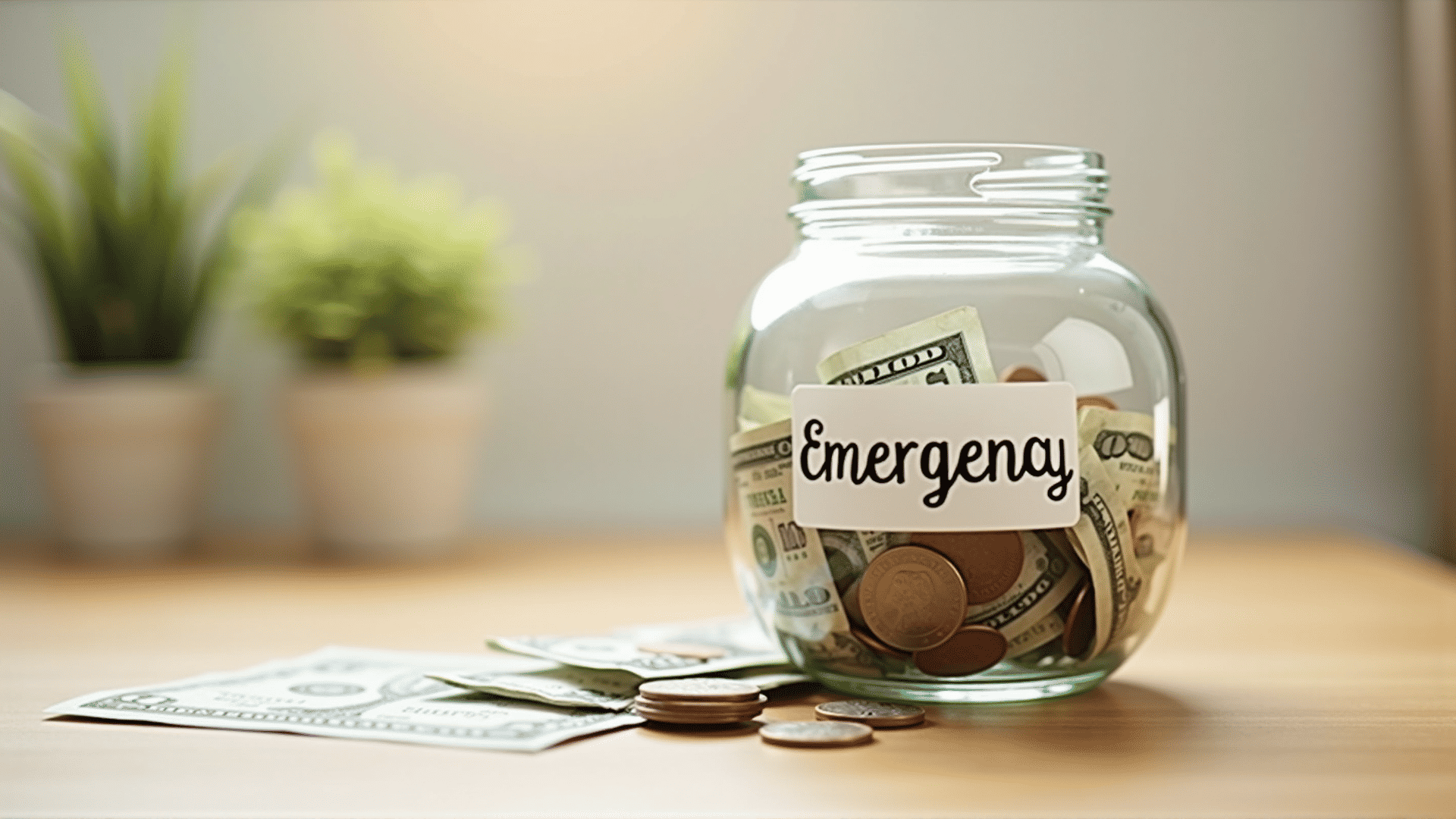In an unpredictable world, having a financial safety net can be the difference between weathering a storm and facing serious financial distress. An emergency fund is an essential part of any robust financial plan, providing a cushion for unexpected expenses like medical emergencies, car repairs, or sudden job loss.
Establishing an emergency fund is crucial as it offers peace of mind, knowing you have resources to handle unforeseen situations. This fund acts as a buffer, preventing the need to rely on high-interest credit cards or loans, which can exacerbate financial problems in the long term.
Building Your Emergency Fund
-
Set a Realistic Goal: Start by determining how much you might need to cover living expenses for a period, generally recommended to be three to six months. This target will vary based on personal circumstances, such as family size, lifestyle, and job stability.
-
Initiate Small: Begin with manageable savings goals to build momentum. Regularly setting aside even a small portion of your income can accumulate over time. Consider automating your savings to ensure consistent contributions to your fund.
-
Adjust to Your Needs: As your circumstances change—such as a new job, relocation, or increased expenses—revisit and adjust your emergency fund goal to suit your current needs and ensure it remains adequate.
Maintaining Your Emergency Fund
-
Avoid Unnecessary Withdrawals: Discipline is key to the success of an emergency fund. Use these savings strictly for actual emergencies, rather than non-essential purchases or desires.
-
Replenish After Use: Once you tap into your fund, make it a priority to rebuild it as quickly as possible. This may involve temporarily pausing other savings efforts to ensure the emergency fund is restored.
-
Monitor and Grow: Periodically review your fund to ensure it aligns with your changing lifestyle and costs. Consider placing the fund in a high-yield savings account, allowing it to grow while still remaining accessible.
In conclusion, an emergency fund is more than just a savings account; it's a financial lifeline that can protect against life's unexpected events. By building and maintaining a comprehensive fund, you can secure your financial future, reduce stress, and focus on long-term financial goals without interruption.
